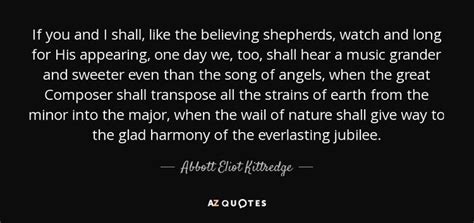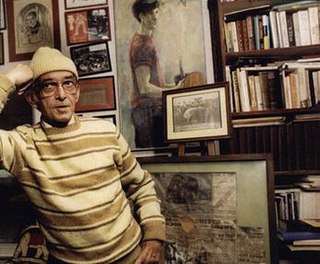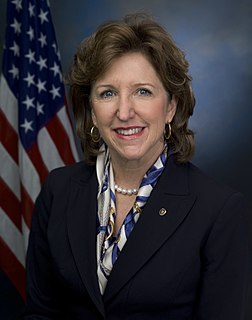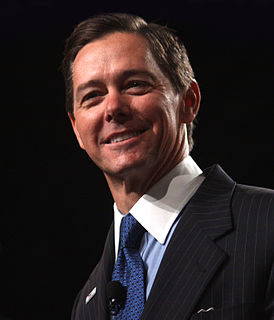A Quote by William O. Douglas
We are a religious people whose institutions presuppose a Supreme Being.
Quote Topics
Related Quotes
A miracle is a supernatural event, whose antecedent forces are beyond our finite vision, whose design is the display of almighty power for the accomplishment of almighty purposes, and whose immediate result, as regards man, is his recognition of God as the Supreme Ruler of all things, and of His will as the only supreme law.
No man succeeds without faith. Whether you call it religious faith or label it something else. I don't feel anything worthwhile is accomplished without it. When you believe there is a Supreme Being guiding the destiny of this universe and that within each of us there is a little part of that Being, then you will have faith in yourself, in your country, in that Supreme Being, and in humanity itself.
On religious issues there can be little or no compromise. There is no position on which people are so immovable as their religious beliefs. There is no more powerful ally one can claim in a debate than Jesus Christ, or God, or Allah, or whatever one calls this Supreme Being. But like any powerful weapon, the use of God's name on one's behalf should be used sparingly.
The notion that the Supreme Court comes up with the ruling and that automatically subjects the two other branches to following it defies everything there is about the three equal branches of government. The Supreme Court is not the supreme branch. And for God's sake, it isn't the Supreme Being. It is the Supreme Court.
We all learn in school that the judicial, legislative and executive branches of government must check and balance each other. But other non state institutions must participate in this important system of checks and balances as well. These checking institutions include the academy, the media, religious institutions and NGOs.
Being holy . . . does not mean being perfect but being whole; it does not mean being exceptionally religious or being religious at all; it means being liberated from religiosity and religious pietism of any sort; it does not mean being morally better, it meas being exemplary; it does not mean being godly, but rather being truly human.
With each passing year, people of faith grow increasingly distressed by the hostility of public institutions toward religious expression. We have witnessed the steady erosion of the time-honored rights of religious Americans - both as individuals and as communities - to practice what they believe in the public square.

































